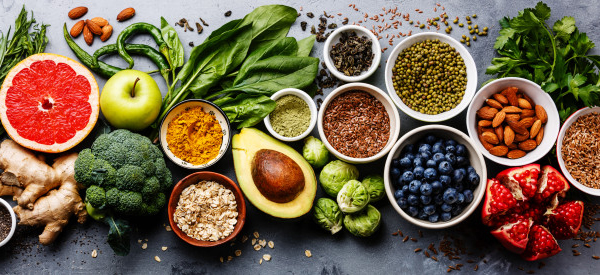The regions overturned in the food alert

After the health alert, in many countries, the COVID-19 epidemic has resulted in a very important food crisis, which all experts predict will go further. In countries with a high level of informal employment, confinement has made work impossible and poverty has worsened. The RIMISP Center, specialized in the study of rural development, wanted to highlight that, in addition to the fact that the epidemic has greater effects in cities, hunger is becoming especially evident in poor and rural areas. In any case, there have been disruptions in food supply chains and price increases everywhere. Thus, after health care, the priority has been to guarantee food. Regional governments around the world started working in this area from the outset.
Most of the work of regional governments in the most diverse geographies has been to care for the most vulnerable. Only a few feather-flying notes of the most diverse geographies. The French island of Réunion, in the Indian Ocean, has supported food banks for years and has now reinforced its equipment and has already distributed food parcels worth €600,000. The Ecuadorian provinces, in collaboration with the Ministry of Economic and Social Inclusion, have been providing food kits to families in poverty situations. In one month, in the province of Morona-Santiago, for example, 900 kits have been distributed. Each kit contains eleven essential products, sufficient to supply the consumption for 15 days of an average family. On a much larger scale, the State of Mexico, in dealing with the pandemic, has also distributed feeding kits. These basic baskets are being provided to vulnerable families, but they are also being provided to households over the age of 60, disabled people and people with degenerative diseases.
In this context, members of ORU Fogar’s Core Group for Food Security are being particularly active. The Mancomunidad of the Andes, which is working to maintain markets and food supply chains, has virtually kept in touch with its Agrarian Commission, which includes the regions of Apurimac, Ayacucho, Huancavelica, Ica and Junín. At one of its meetings, organized jointly with ORU Fogar, the regional leaders of the Mancomunidad of the Andes were assisted by FAO experts. Chile’s regional councillors, ANCORE, also had a session with a FAO official.
Beyond this support, ORU Fogar has diffused to its members FAO recommendations: http://www.fao.org/2019-ncov/q-and-a/impact-on-food-and-agriculture/es/ . Since the beginning of the crisis, FAO has issued different reports proposing measures to address food supply. ORU Fogar has distributed all these reports and provided summaries. These reports have addressed the problems caused by the coronavirus, but also solutions, in relation to distribution chains, markets, supply of cities, attention to rural areas, immigrants or workers in the informal sector.
ORU Fogar has also distributed the survey of the Association "Let’s Food". This initiative aims to collect information provided by local and regional actors regarding the food impact of the coronavirus. Here is the survey: https://letsfoodideas.com/es/collecte-des-mesures-dadaptation-des-acteurs-du-systeme-alimentaire-face-a-la-crise-du-covid-19/








































































